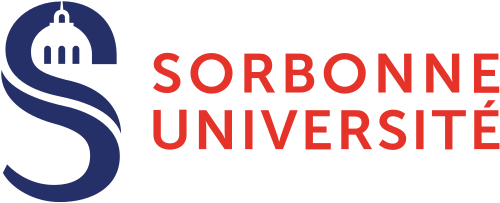Change of date
Seminar: Can robots find their own reward functions?
16 June 2023 | 14:30 – 15:30 | SCAI in the seminar room
Kenji Doya, Neural Computation Unit, Okinawa Institute of Science and Technology Graduate University
Abstract
In reinforcement learning, an agent learns behaviors to maximize expected cumulative rewards. An open issue in reinforcement learning applications is how to design a reward function for a desired behavior. A related issue in neuroscience is what rewards really are in animals and humans. This talk reviews computational models of intrinsic rewards to promote exploration, inverse reinforcement learning methods to infer a reward function from the behavior, and embodied evolution experiments to test whether robots can acquire their own reward functions for survival and reproduction.
Speaker
Kenji Doya is a Professor of Neural Computation Unit, Okinawa Institute of Science and Technology (OIST) Graduate University. He aims to understand how we learn motor skills, make decisions, imagine the future, and communicate and collaborate with others. He studies reinforcement learning and probabilistic inference, and how they are realized in the brain. He took his PhD in 1991 at the University of Tokyo and worked as a postdoc at U. C. San Diego and the Salk Institute. In 1994, he joined Advanced Telecommunications Research International (ATR) as a Senior Researcher and then served as a Group Leader of Kawato Dynamic Brain Project. In 2004, he was appointed as a Principal Investigator of the OIST Initial Research Project and started Okinawa Computational Neuroscience Course (OCNC) as the chief organizer. As OIST established itself as a Graduate University in 2011, he became a Professor and served as the Vice Provost for Research till 2014. He served as a Co-Editor in Chief of Neural Networks from 2008 to 2021 and a Chairperson of Neuro2022 Conference in Okinawa. He is a board member of International Neural Network Society (INNS) and Asia Pacific Neural Network Society (APNNS), and the President of Japanese Neural Network Society (JNNS). He received INNS Donald O. Hebb Award in 2018, APNNS Outstanding Achievement Award and JNNS Academic Award in 2019, and the age-group 2nd place at Ironman Malaysia in 2022.



